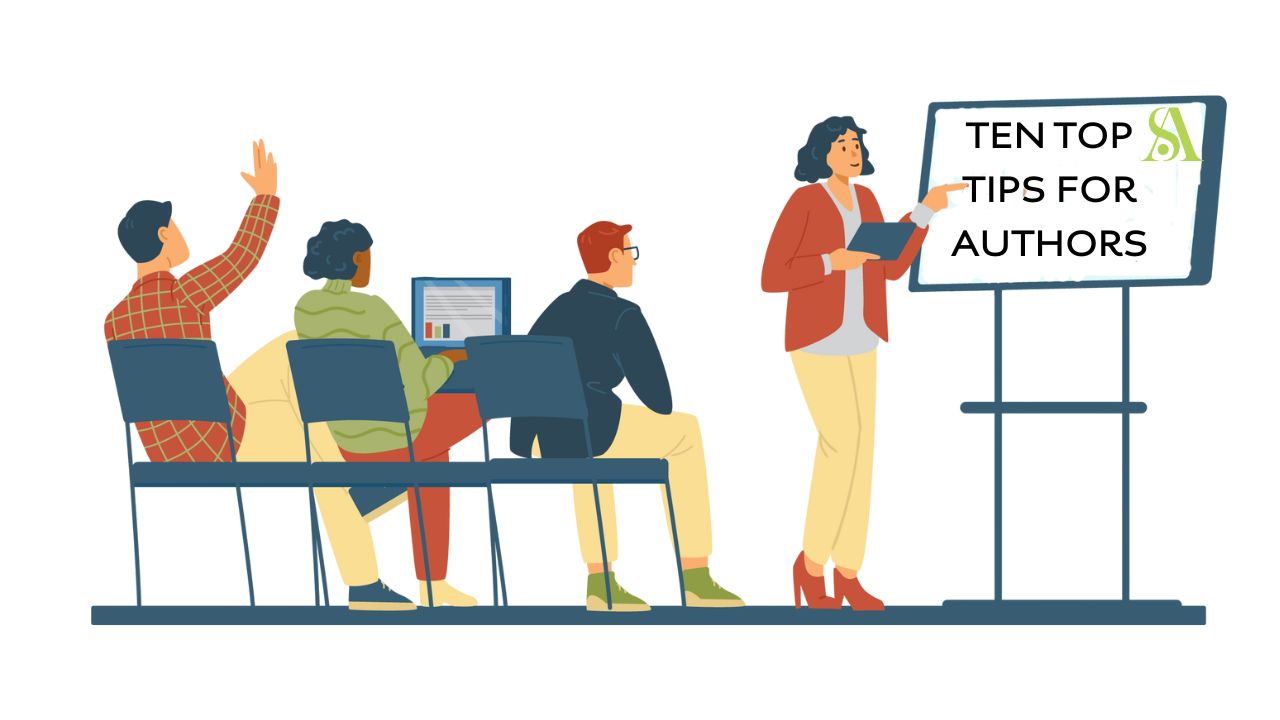Members sometimes wonder about collaborating with others or engaging someone else to work on their project. We would caution that you think very carefully and speak to our advisors before you sign up to any sort of joint venture, commission or collaboration. Four of the relationships we are regularly asked about are:
- The author (especially if self-publishing) wants to commission an illustrator;
- the writer (ditto) wants to commission a translator;
- two authors, illustrators or scriptwriters want to write a collaborative work;
- an individual wants to engage a writer to collaborate on his/her memoirs.
Commissioning illustrators or translators
If you are commissioning the services of a fellow-creator, remember to treat the illustrator or translator as you would expect to be treated yourself. Some of the main questions to answer at the outset are:
- Exactly what work you are asking of them, by when, and what you will pay them for meeting that brief;
- What are you paying, and at which stages?
- What rights to exploit the resulting material are you seeking, and what share of the income will you pay them for such exploitation?
- Will they have a royalty or other ongoing payment?
- Do they have a veto over your re-uses? How long is the term of any licence? Are rights required on an exclusive or non-exclusive basis?
- To what extent do they have a right to approve changes you might want to make to their material? Are they assigning copyright or giving a licence? Do you have the complete freedom to amend their work?
- How and where will they be credited?
- Are you free to terminate the agreement or reject the work? At what stages? What payments would ensue in those circumstances?
Always make sure everyone is clear about what the procedure is should either you or they breach the agreement.
This is by no means a definitive checklist. One further word of warning: publishers or producers will generally want to be free to engage (and pay!) illustrators, translators or scriptwriters of their own choosing.
Are you at risk of spending a lot of money and taking up your own and an illustrator’s or translator’s time to no purpose? Also beware any risk of committing to using only that set of illustrations/that translation in connection with your work unless that’s what you really intend.
The SoA also has a guide to author-commissioned translations. See our guides section for more.
Collaborative work
A true collaboration would see both parties doing the creative work at their own risk, even if it is agreed up front that certain expenses (e.g. travelling to interview someone) will, on production of receipts, be shared equally.
In return, with each party’s creative contribution indistinct from the other, the two collaborators jointly control rights in the resulting material and neither of them can do anything with it without the agreement of the other. However, there are many possible variations on this with different risks taken by each party and different payments made.
Clarify these questions at the outset:
- Who does what, and how is that work being paid for?
- How will any income be divided?
- Who owns the rights, and who controls them? Who makes the deals?
- Because so many collaborative projects fall through for one reason or another, clarify the extent to which (and after how long) either of you can make use of any of the content and underlying materials, or write your own original and individual work on the same topic if the collaboration deal falls through or stalls indefinitely. (For example, because you cannot jointly agree on the final edited typescript.)
Memoirs and Ghosting
With a ghosting commission, a person with the knowledge but without the time and/or the skills to create a literary work (the ‘subject’) pays another person (the ‘writer’) to do that work for them.
In return for that payment the subject would generally have full control of all rights in the resulting material. They might well give a guarantee to credit the writer, and/or to pay them a share of future income as well as the up-front fee, but all decisions on editing, exploitation etc would lie solely with the subject (who has paid, of course – and all the more so with any work which has any biographical element in it: if it’s my life being written about, at my expense, I want to be able to control what happens to that material).
In our experience the key thing the writer will want to check is what they will be paid, both for the completed project and if – for any reason other than their own default – the project founders mid-stream. And such projects do founder: again, with something as personal as a biography, the subject may well have a change of mind, lose their nerve, or decide they’d rather try do it alone.
In the key respect of who controls the rights and what if any money will change hands in return for creating the material, collaborations and ghosting are the polar opposites of each other, though many of the terms which need to be agreed could come from the same checklist.
For instance, ensuring that there are clear and well-drafted warranties and indemnities addressing any risk of libel, invasion of privacy or infringement of copyright. For such a checklist, see the SoA’s guide to ghost writing and company histories.
If venturing into any of these four creative relationships, we strongly advise obtaining specialist advice on any draft proposal because this guidance note only skims the surface of the terms which should be included. Plus, those terms will vary considerably depending on the nature of that particular project.
SoA members are always welcome to consult us for bespoke advice.





